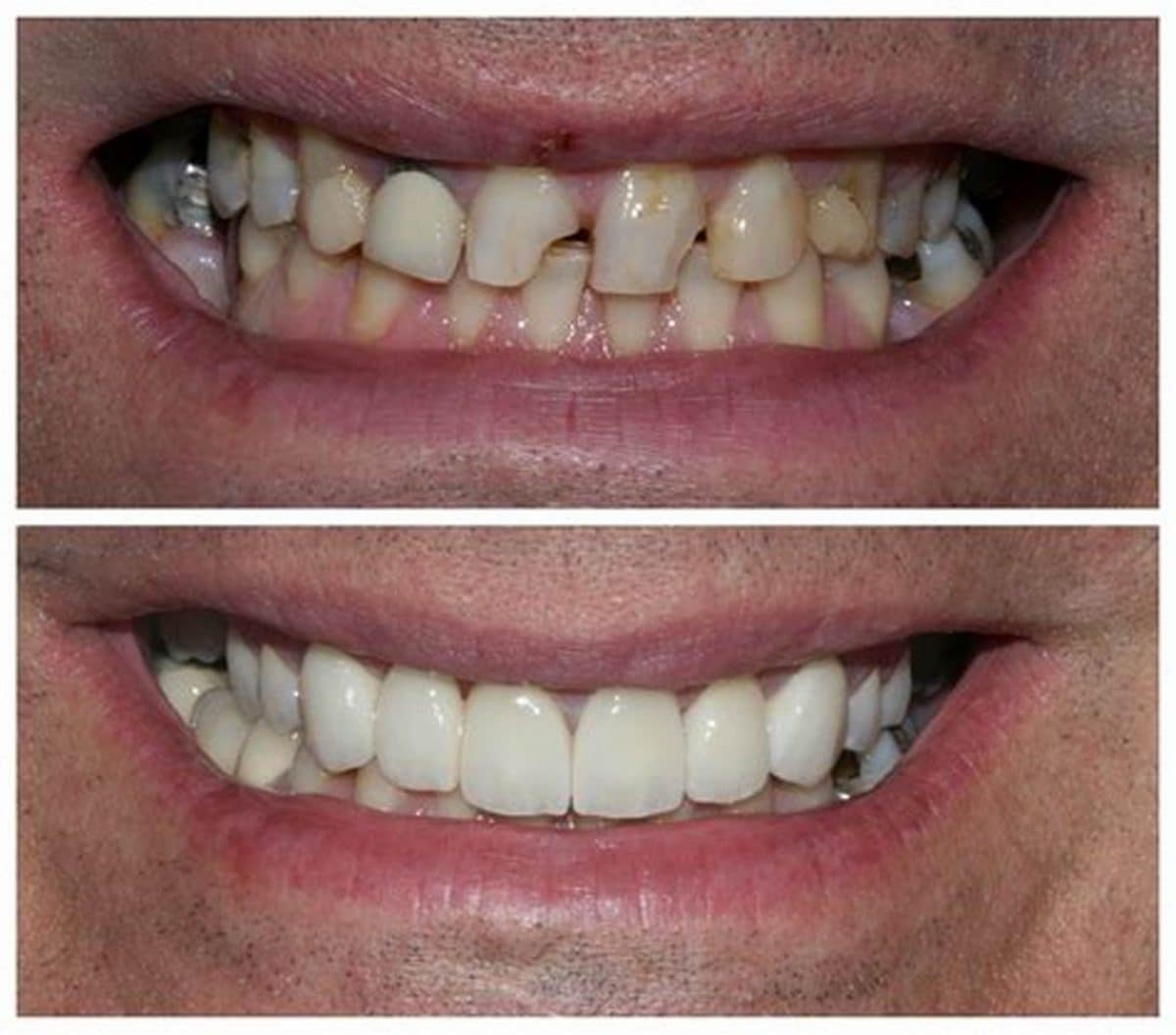
A popular cosmetic dentistry solution for achieving a flawless smile is dental veneers. If you’re considering dental veneers, you may have some common questions.
Here are answers to 10 frequently asked questions about dental veneers:
1. What are dental veneers?
Dental veneers are thin, custom-made shells made of porcelain or composite resin bonded to the teeth’ front surface to improve their appearance. They can enhance teeth’ color, shape, size, and alignment, providing a natural, aesthetically pleasing smile.
2. What dental issues can dental veneers address?
Dental veneers can effectively address various dental issues, including discolored teeth that cannot be whitened by traditional methods, chipped or broken teeth, worn-down teeth, uneven or irregularly shaped teeth, and gaps between teeth.
3. How long do dental veneers last?
Dental veneers can last 10 to 15 years with proper care and maintenance. However, their longevity depends on oral hygiene, diet, and regular dental check-ups.
4. Are dental veneers reversible?
Dental veneers are considered an irreversible treatment, as a small amount of tooth enamel is typically removed during preparation. It’s important to discuss your goals and expectations with your dentist before proceeding with the veneer placement.
5. How are dental veneers placed?
The process of getting dental veneers typically involves multiple visits to the dentist. It begins with a consultation, followed by tooth preparation, where a small amount of enamel is removed. Impressions of the prepared teeth are taken to create custom veneers, which are then bonded to the teeth using dental cement during a subsequent appointment.
6. Are dental veneers noticeable?
Dental veneers are designed to match your natural teeth’ color, shape, and size, resulting in a seamless and natural-looking smile. They are carefully customized to blend in with your surrounding teeth, making them virtually indistinguishable.
7. Do dental veneers require special care?
Dental veneers do not require extensive special care. However, it’s essential to maintain good oral hygiene practices, including regular brushing, flossing, and routine dental check-ups. Avoiding excessive biting or chewing on complex objects can also help prolong the lifespan of your veneers.
8. Can I still eat and drink generally with dental veneers?
Yes, you can eat and drink generally with dental veneers. However, avoiding biting into complex objects or using your teeth to open packages is advisable, as this can damage the veneers.
9. Can dental veneers be whitened?
Dental veneers resist stains, so they do not typically whiten like natural teeth. If you’re considering whitening your teeth, discuss your. Options with your dentist before getting veneerssistent and harmonious shade are best.
10. Can anyone get dental veneers?
Most individuals with healthy teeth and gums are suitable candidates for dental veneers. However, if you have severe tooth decay, gum disease, or insufficient tooth enamel, your dentist may recommend alternative treatments or address these issues before proceeding with veneers.
Final Thoughts
Remember, each individual’s dental needs are unique, so it’s essential to consult your dentist to determine if dental veneers are the right option. They can assess your oral health, discuss your goals, and guide you through the process to help you achieve a beautiful, confident smile.
